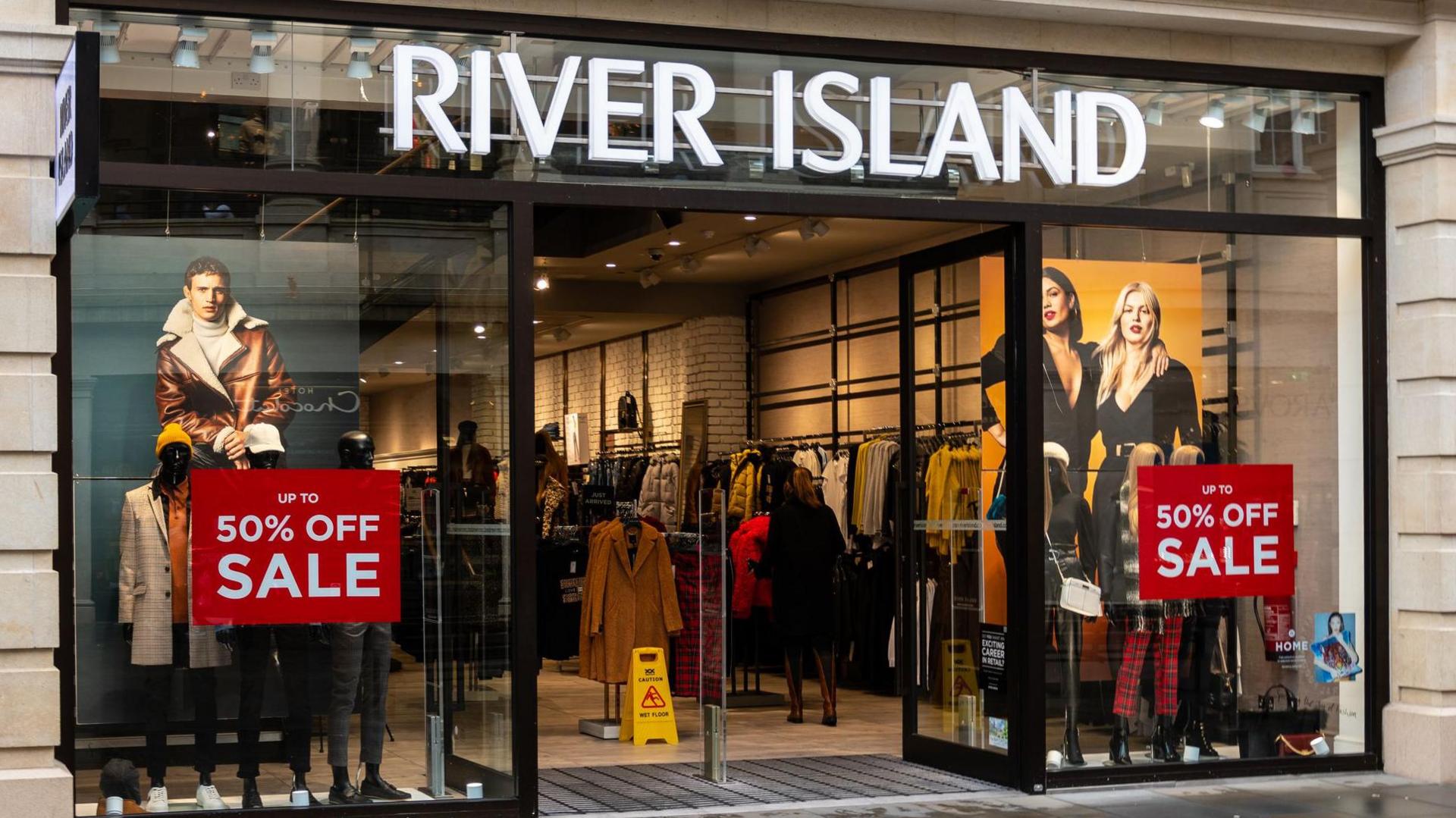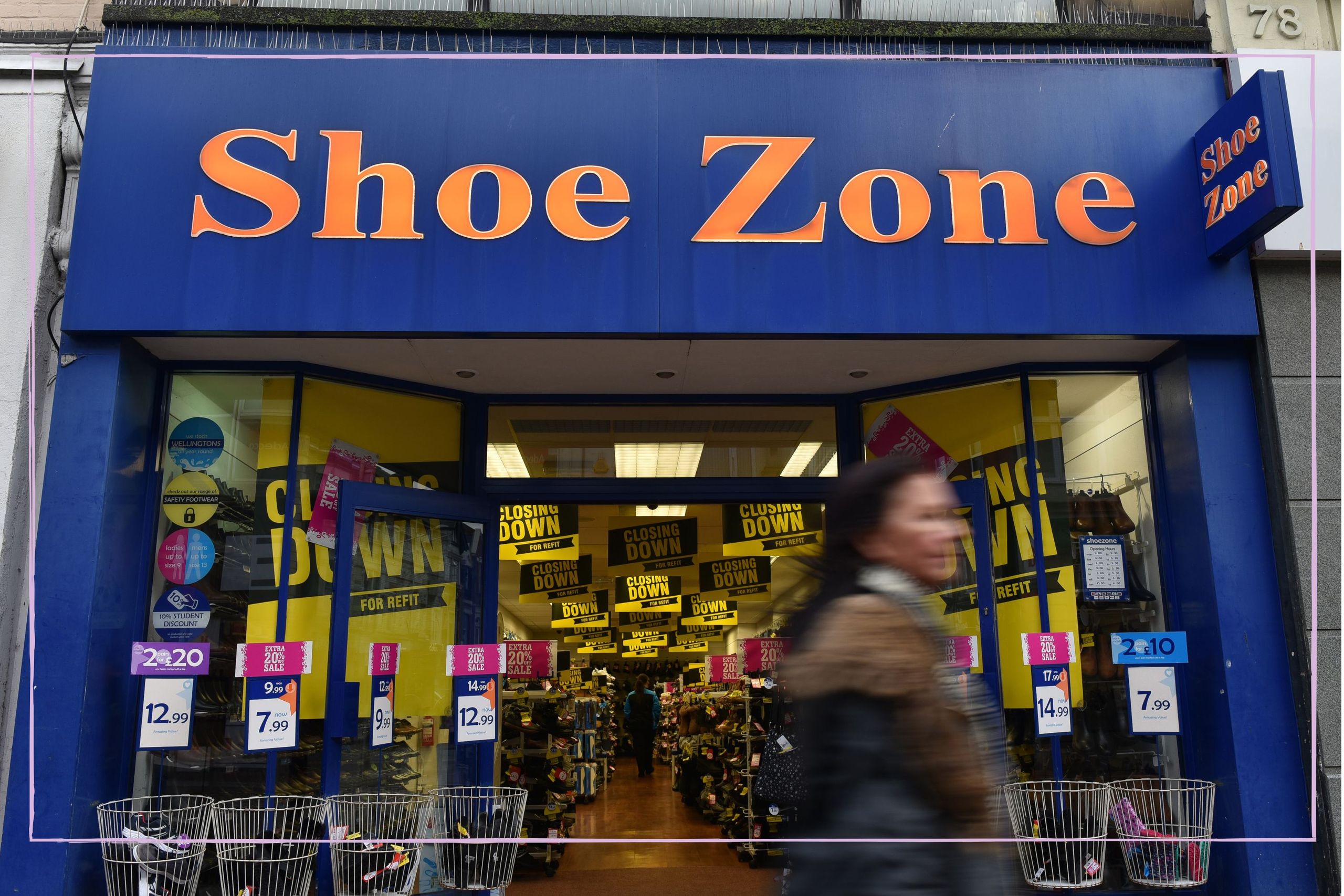
Introduction
In a significant business move reflecting the challenges of the retail sector, River Island, a high-street fashion retailer based in the UK, has announced plans for multiple store closures across its chain. As the retail landscape continues to evolve in response to changing consumer habits, understanding the implications of these closures is crucial for both the brand and its customers.
Details of the Closures
On October 15, 2023, River Island confirmed that it will be closing approximately 30 stores in various locations across the country. This decision is part of a strategic effort to align its physical presence with the increasing preference for online shopping, which has surged dramatically during the COVID-19 pandemic and remains a significant channel for customers.
The closures will affect major urban stores, particularly in city centres where foot traffic has been inconsistent. According to River Island’s CEO, “These closures are a necessary step to reshape our business model and ensure we remain competitive in a digital-first marketplace.” The company aims to redeploy resources into enhancing online shopping experiences and the efficiency of its remaining stores.
Impact on Employees and Communities
These closures may lead to job losses, impacting hundreds of employees across the affected stores. River Island has pledged to support those who are being made redundant, offering severance packages and assistance in job placement as a part of this transition.
The Shift to Online Retail
The decision comes amid an ongoing trend where UK high-street retailers are increasingly prioritising e-commerce over brick-and-mortar stores. A recent report from the British Retail Consortium stated that online sales accounted for nearly 30% of retail sales in 2022, highlighting the need for traditional retailers like River Island to adapt. The move signals a broader industry shift towards digital solutions, aiming to cater to the demands of a tech-savvy and convenience-seeking consumer base.
Conclusion
As River Island proceeds with its store closures, the company’s focus on strengthening its online presence reflects a pivotal moment for the fashion retail sector. For consumers, this may mean fewer physical shopping options but an opportunity for enhanced online services and products. The overall impact of these closures will unfold in the coming months, with industry experts predicting further adjustments across the retail landscape as businesses strive to retain relevance in a digital economy.
You may also like

Anticipating Black Friday 2025: Predictions and Trends

Shoe Zone Store Closures: Impact and Future Outlook

WBA: A Closer Look at Recent Developments in Finance
SEARCH
LAST NEWS
- Remembering Wendy Richard: The Promise to Co-Star Natalie Cassidy
- How Did Anglian Water Achieve an ‘Essentials’ Rating for Mental Health Accessibility?
- Shai Hope Leads West Indies in T20 World Cup Clash Against South Africa
- What We Know About Weston McKennie: Future at Juventus and Past at Leeds
- What We Know About the Upcoming Live Nation Antitrust Trial